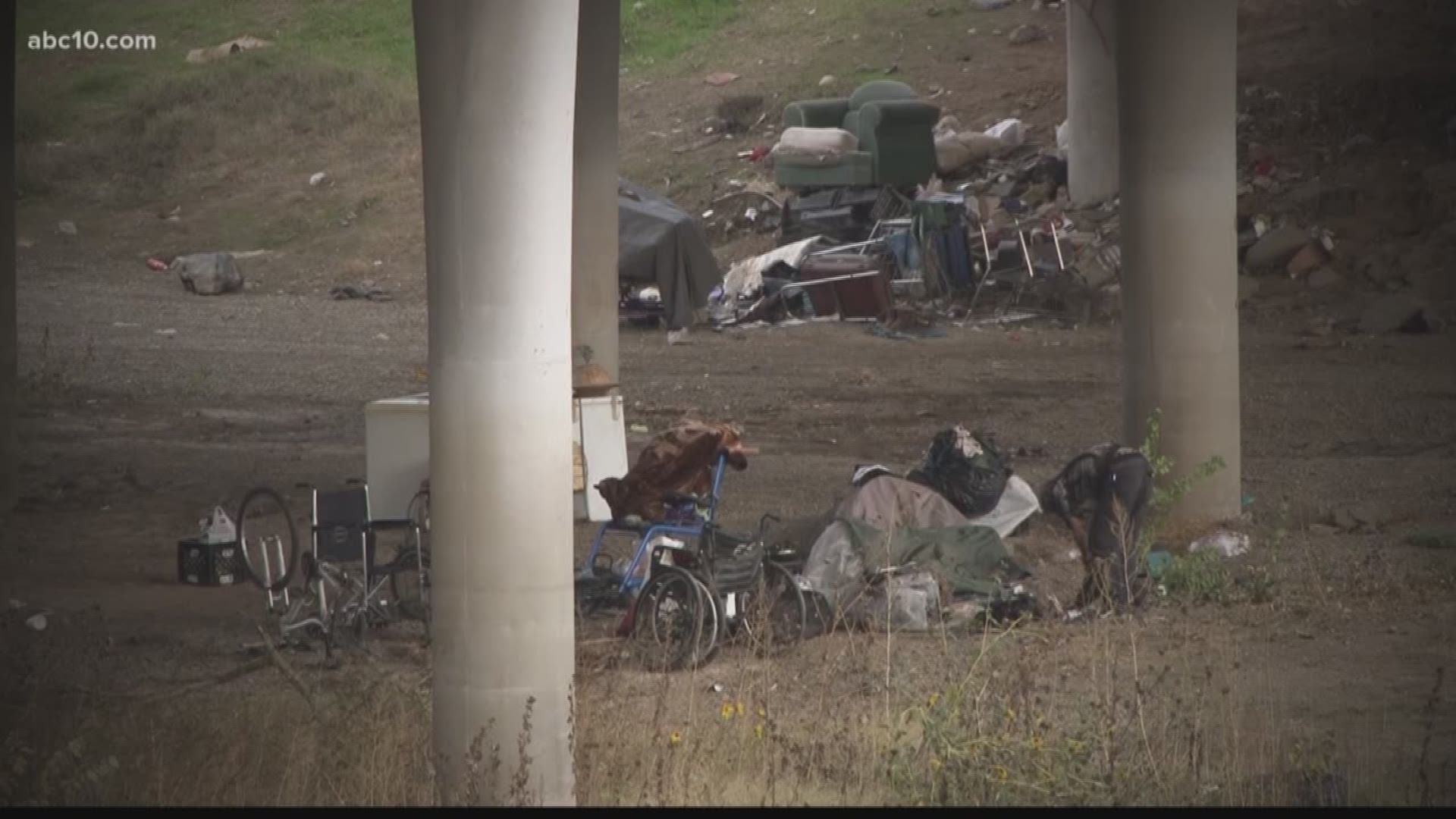As part of an effort to house homeless people, the County Board of Supervisors took action at the end of August to approve a tiny homes pilot program in Vacaville.
The effort is led by Solano County Supervisor Skip Thomson and is part of an effort to house homeless people in Vacaville. It's an idea based on the success of the 14 Forward program, a tiny home program, in Marysville.
“My staff and I went up to Yuba County, Marysville, took a look at their project, called 14 Forward, and I said to myself, 'I think this will work in Solano County, Vacaville in particular,'” said Thomson.
For the county’s Vacaville project, they’re using five homes to house 10 individuals on a property located next to the William J. Carroll Center on Brown Street. Finding a proper location was actually one of the first obstacles facing the project.
“One of the things, obviously, was we needed some land in the city,” Thomson said. “We didn’t want to put it in the county because of the distance between services and potential sites.”
“I approached the mayor of Vacaville, Mayor Len Augustine, and it turned out that the mayor was looking to trade some land we owned next to City Hall for some land they own next to the Bill Carroll Center.”
After an agreement was reached, they traded land. The next step was getting approval from the Board of Supervisors. In order to set the field and allow the Tuff Sheds to function as housing, the county had to declare a shelter crisis; a move that Thomson considered to be a bureaucratic step.
A housing first low barrier model
The homes will be utilizing a housing-first low-barrier model. This means that the potential tenants do not have to be sober or receiving any treatment before entering the new program.
Thomson, at one time, was a believer in getting people cleaned up prior to providing housing, however, he says this changed through his own experiences.
He started to consider that “maybe we need to get people out of the elements, so they can start thinking about what they need to do to get themselves clean and sober.” This is why they proceeded with the housing first model.
Even though there is a housing first model, tenants would have to participate in a program once they enter the community. They’ll also have to go through an evaluation every 30 days to make sure that the rules are followed and that tenants are meeting treatment program goals for stabilization. Before entering the community, the potential tenants will have to go through an interview with a selection committee.
“If they’re unwilling to play by the rules that will be laid out to them, then they will be excused from the program, and there will be someone else put in their position that wants to get off the street and deal with their problem,” Thomson said.
Facilities will also have privacy and security fencing up at the site, an on-site resident host, and trash and bathroom facilities. There are currently fundraising efforts underway to help provide services and improvements, like a shower trailer, meeting/service space, and facilities for pets.
The program is also seeking community partnerships and donations in order to minimize the impact to the general fund. According to Thomson, the county’s general fund has not been utilized for the project outside of expenses for staff time.
No taxpayer money was spent on the homes. The five tiny homes were purchased by different entities. Kaiser Permanente bought two Tuff Sheds, Sutter Health bought one, a private individual bought one, and the faith community bought the last one.
Community Action North Bay, a 501(c)3 non-profit, will act as the fiscal agent. They will receive all the funds, purchase the homes, and do any maintenance required.
Getting people sober to become productive citizens again
According to Thomson, the goal is to get people clean and sober and get their mental health issues addressed so they can become productive citizens again.
“The goal is to get them into work, into housing that they can afford, and [that] they can pay for,” Thomson said. He added that the issue will not be easy to deal with, but this project adds a chance to do something now about the homeless issue in a way that gets people off the streets, address why they’re on the streets, and potentially prevent it.
There’s hope that the county will find out whether the program was successful by the end of one year.
“I’m just asking that the public work with us,” said Thomson. “Have some faith that we’re doing the right thing and allow us to prove that the tiny home project is going to work.”

